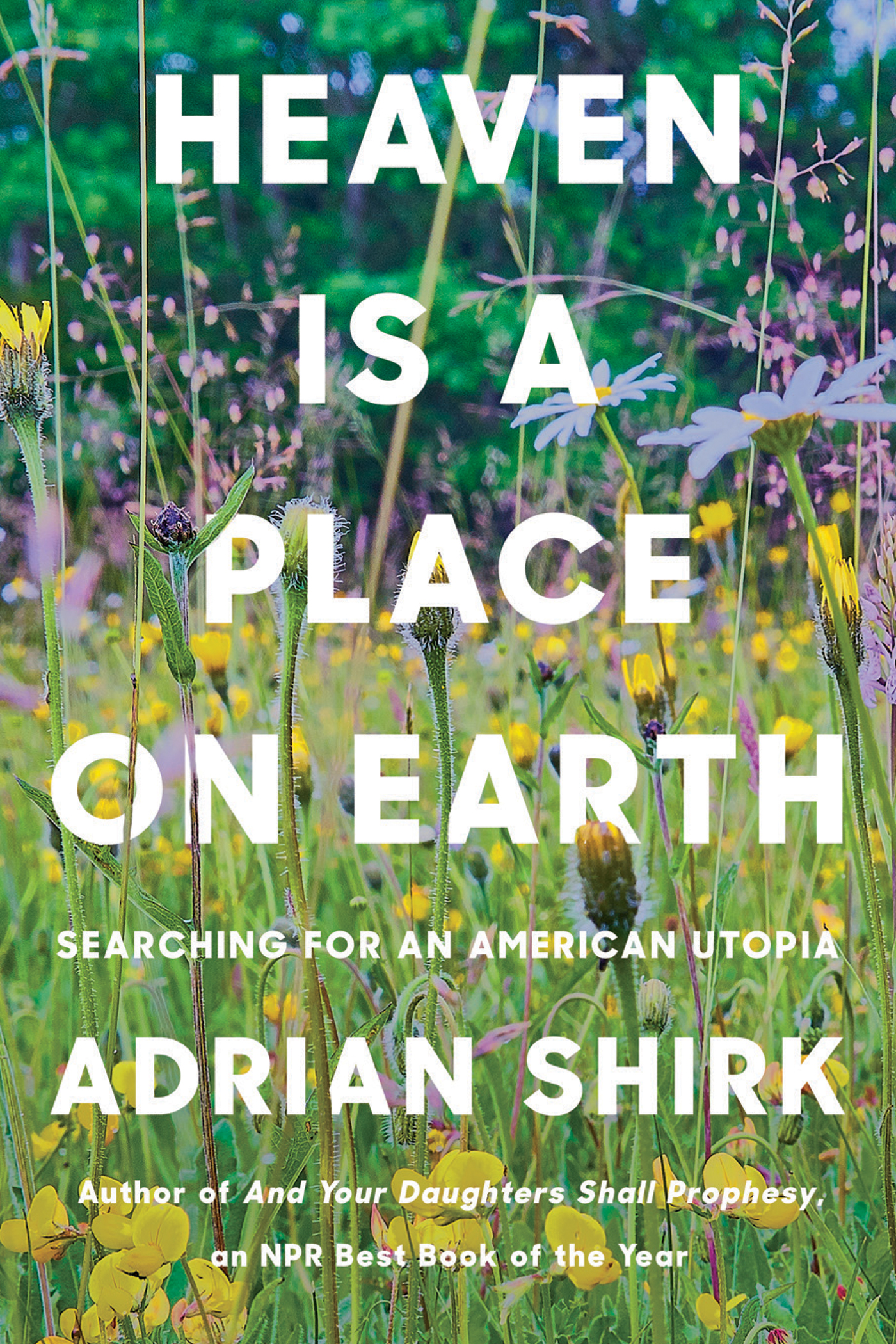utopianotes: Garden of Happiness
Lisa and I have been trying to get together for several months, but our lives and schedules keep getting in the way. By the skin of my teeth in late July I take a forty-five-minute bus ride that encircles the entire Woodlawn Cemetery to the Bronx neighborhood of Norwood to meet her at a bakery. We drink old-tasting ice coffees, and I tell her about some recent visits to the Bruderhof community in the Catskills, the Marshes’ life in the Bonhoeffer House, my time at the old hippie commune situation at The Farm in Tennessee. Light filters in the dirty window. She asks if I want to walk with her to a community garden about a mile away where she’s been tending a plot. The Garden of Happiness, started by Karen Washington. She has to water the beds. We walk through the weird winding cut-outs caused by the Parkways, along Southern Boulevard against rushing oncoming traffic, sweating. We talk about starting a womyn’s group at New Day.1 Eventually we find ourselves on a quiet residential street among a number of multifamily freestanding homes, some small apartment complexes, and then at a locked chain-link gate. “I was told to ask Robert across the street for a key.” So we go to the apartment across the street and knock on the door. A man answers. We identify ourselves, but he says someone else has the key—an elderly woman next door. So we knock on the next door, and she opens the door. She doesn’t speak English, but is very friendly and accommodating and seems to know what we’re looking for, but she doesn’t have the key either. Her daughter does. And her daughter is at her boyfriend’s house down the street. So we all walk out on the sidewalk together in the sun, communicating in broken Spanish and hand gestures, to a small apartment building. We stand below a window and she yells up. Other people walk by, greet her, chat. Eventually her daughter opens a second-story window and throws down the key. We walk back to the Garden of Happiness, and she unlocks it for us and goes in. We water the tomatoes; she feeds the chickens. Neighbors talk to us over the fence. The old woman pantomimes a story to us about how many of the chickens were eaten by racoons recently. We end up back in her house across the street. It’s cool inside. Her granddaughter is coloring at the kitchen table. She offers us water. We gulp it down. As we leave through the front door, her daughter has resurfaced from her boyfriend’s place down the block and chats with us on the front steps. It occurs to me as we walk back toward our own neighborhoods that, in this moment, we have found ourselves in a utopian Venn: the garden and the city, both at the same time.
Adrian Shirk, “utopianotes: Garden of Happiness” from Heaven Is a Place on Earth: Searching for an American Utopia. Copyright © 2022 by Adrian Shirk. Reprinted with the permission of The Permissions Company, LLC, on behalf of Counterpoint Press, counterpointpress.com.
In her second book, Adrian Shirk, BFA Writing ’11, adjunct associate professor of writing, weaves together memoir and on-the-ground research to explore American utopian experiments past and present, creating a hopeful study of the persistence—even in an era of seemingly inescapable precarity—of community and ways of living with abundance, connection, and mutual care. In between each of the longer chapters of the book, Shirk includes page-long vignettes, called “utopianotes” (like the excerpt above), of experiences and observations that contribute to the ongoing conversation of utopianism.
Published in March 2022, Heaven Is a Place on Earth will be available on audiobook (more information is available on Shirk’s website, adrianshirk.com, @so_pioneerz on Instagram, and @adrianshirk on Twitter), and a paperback edition is forthcoming from Counterpoint in December 2023.
Read more stories from “Start Here” in the Fall 2022 issue.
